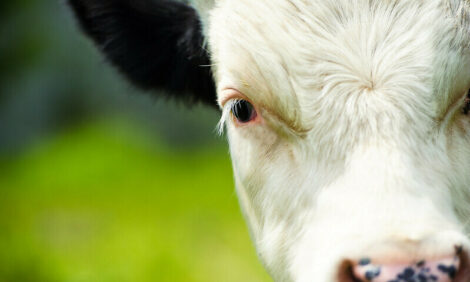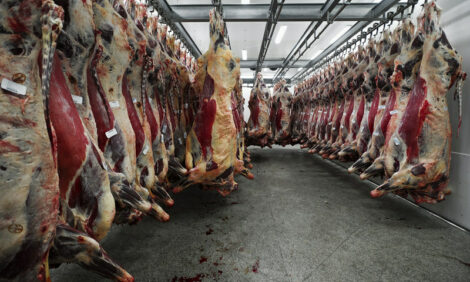



End to Hormone Beef Trade War
GLOBAL - EU concessions to help put an end to the 20-year hormone beef trade war with the USA and Canada were approved by MEPs on Wednesday. The deal allows the EU to keep its ban on imports of hormone-treated beef, in return for increasing its quota for imports of high-quality beef from the US and Canada.The deal would raise the EU's quality beef import quota to 48,200 tonnes.
The US and Canada have already suspended duties, imposed in retaliation against the EU's hormone-treated beef ban, on previously "blacklisted" products originating in 26 EU Member States (all except the UK), worth over US $ 250 million at today's prices.
"This long-lasting trading dispute will end today. This is a win-win resolution for the EU. Parliament has taken a step that will enable the EU agricultural industry to plan ahead again and that will strengthen transatlantic trade links," said rapporteur Godelieve Quisthoudt-Rowohl (EPP).
Parliament made no substantive amendments to the text proposed by the European Commission. The deal, approved at the first reading with 650 votes in favour, 11 against and 11 abstentions, had already been informally backed by the Council. The increase in EU import quotas will take effect from August 2012.
History of a trade war
The beef hormone dispute has affected transatlantic trade relations since 1988 when the EU, concerned for health of its citizens, banned imports of beef treated with certain growth-promoting hormones.
In 1996, the US and Canada, which were worst affected by the ban, challenged it under the World Trade Organisation (WTO) dispute settlement system and were subsequently authorised to impose trade sanctions on EU produce worth respectively US $ 116.8 million and C $ 11.3 million a year.
These duties hampered EU exports and led to a loss of market share for EU producers. The EU products affected by the sanctions included bovine and swine meat products, Roquefort cheese, chocolate, juices, jams and fresh truffles.
The main beneficiaries of the lifting of the US and Canadian sanctions are Italy, with produce worth over US $ 99 million, Poland, (US $ 25 million), Greece and Ireland (US $ 24 million each), Germany and Denmark (US $ 19 million each), France (US $ 13 million) and Spain (US $ 9 million).
Last week, the USDA also published proposals to remove import barriers on BSE products, which would further open up US markets for the EU.
NFU chief livestock adviser Peter Garbutt said: “The beef industry has gone through a difficult number of years but since 2006 more export markets have opened and beef exports have increased year on year driving returns for producers.
“This move would open up further export opportunities for UK producers and I believe we can be positive and optimistic about our market prospects in the future”.
Further Reading
|
| - | Go to our previous news item on this story by clicking here. |
Further Reading
| |
- | Go to our 'BSE Regulations: US Could Lift Beef Import Ban news item on this story' by clicking here. |


